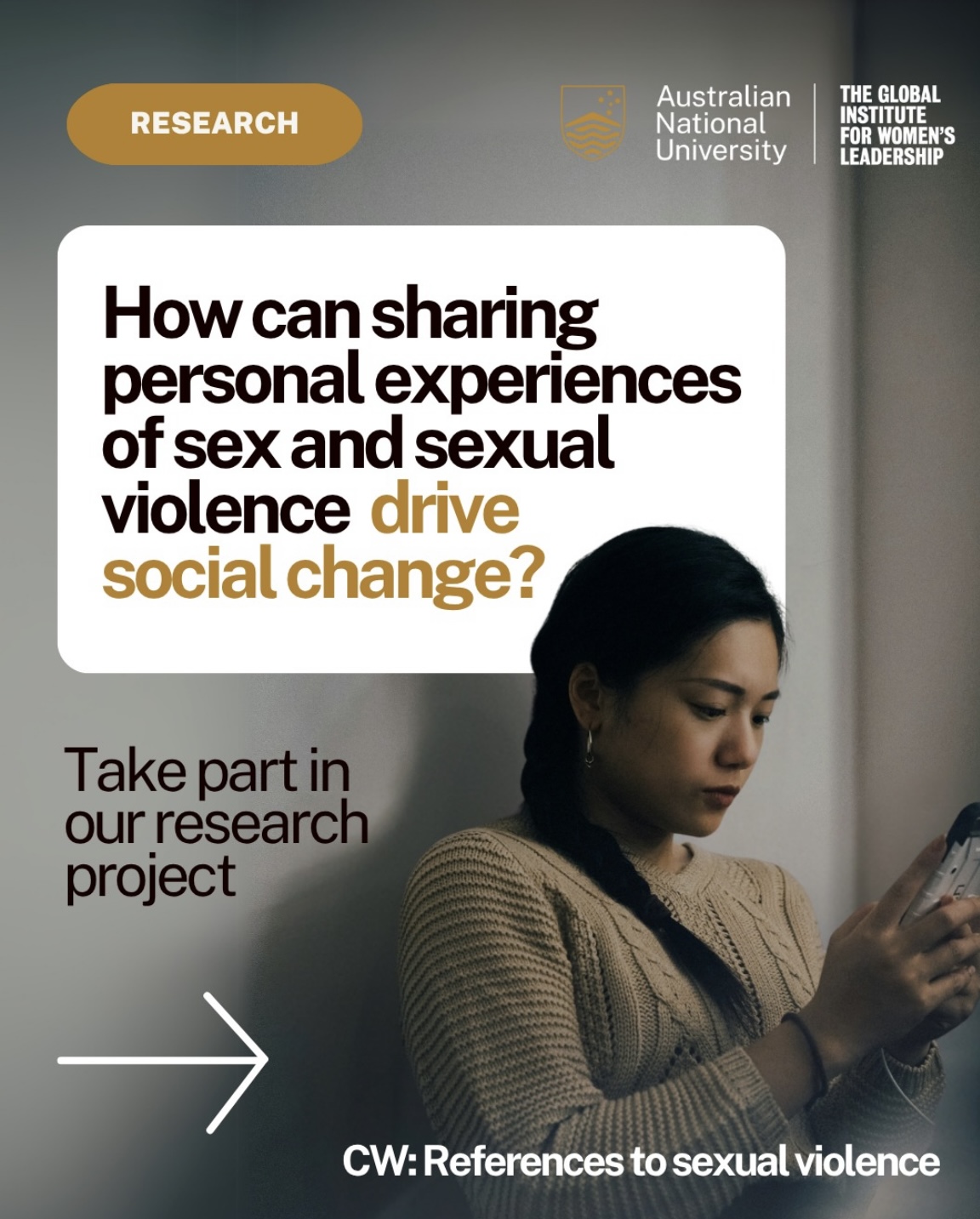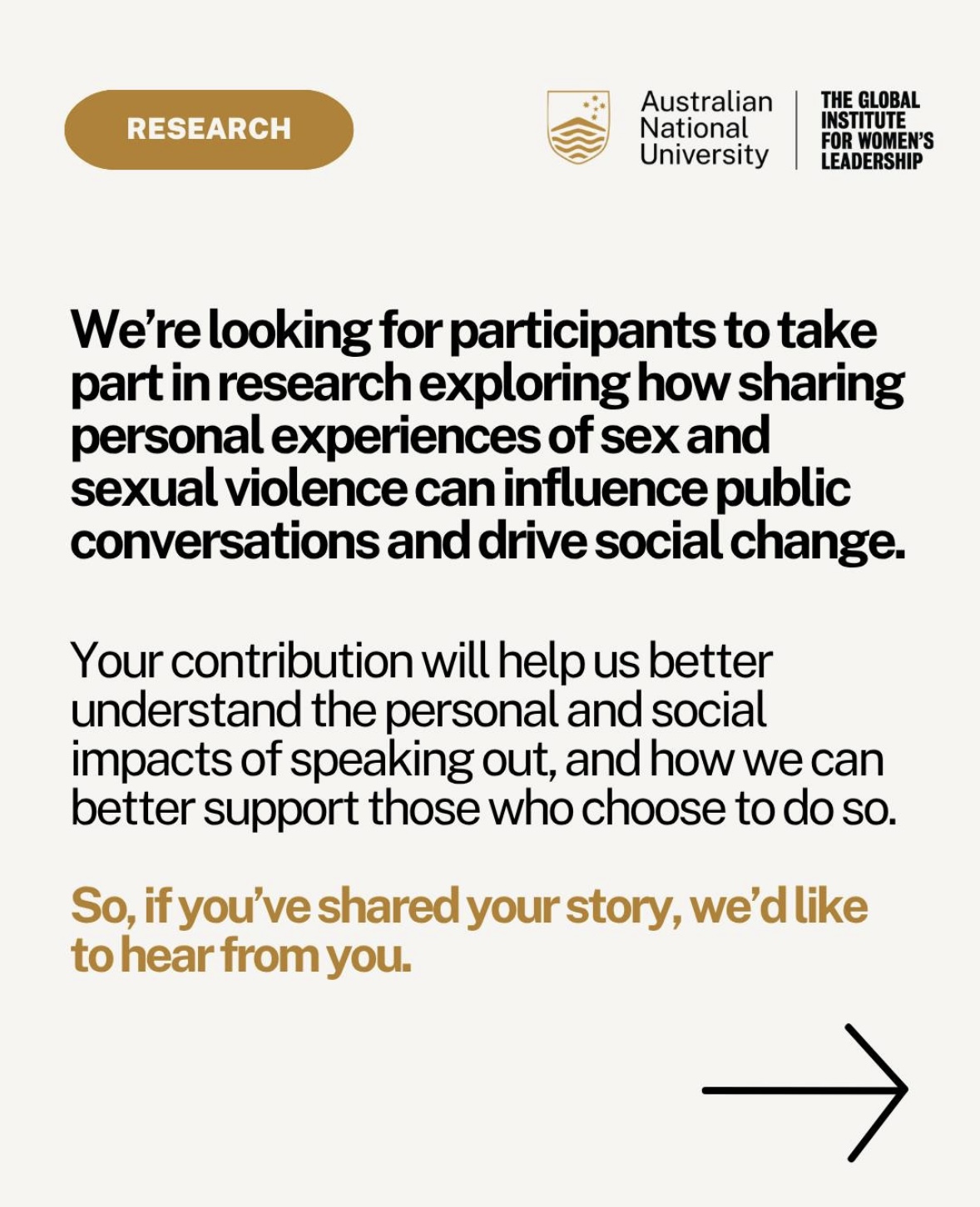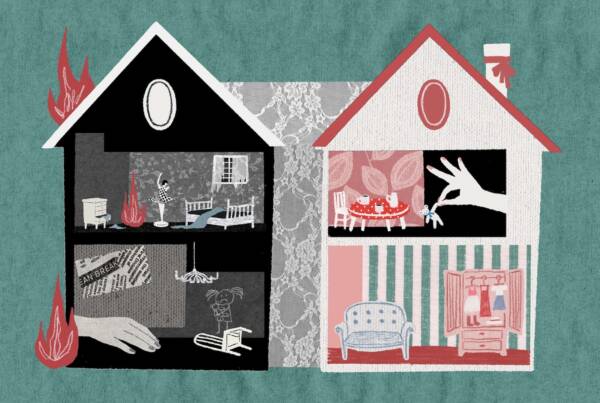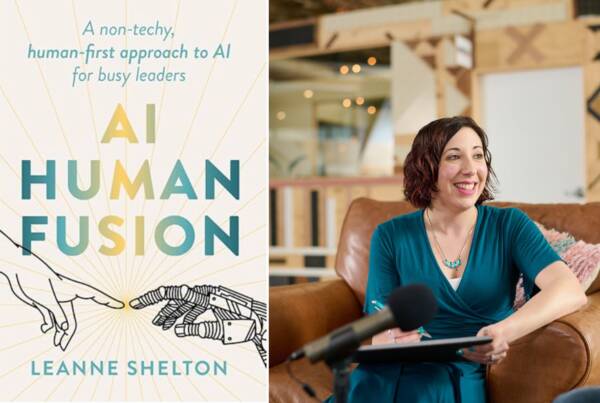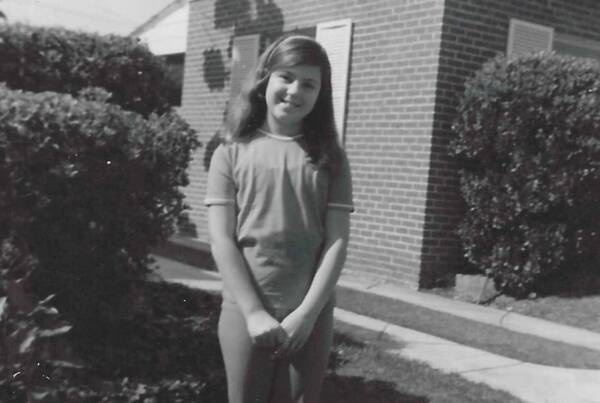Words by Emmaline A. Monteith // photo by Natasha Hall
Have you shared a personal testimony about your sexual experiences, whether related to sexual violence, positive encounters, or other experiences? A new research project is exploring how testimonies about sexual experiences can impact social change.
In recent years, more people than ever have been speaking publicly about their experiences of sex and sexual violence. These stories have appeared in many forms – from social media posts and anonymous online submissions to media interviews, advocacy efforts, public inquiries, or in more formal settings like reports to police or testimony in court.
But what happens after a story is shared?
A new research project conducted by researchers at the Australian National University is seeking to understand what it means to speak out about sexual experiences in today’s world and how people reflect on that process over time. This includes looking at the different ways stories are shared and the range of experiences people have when they do so. Each act of giving testimony brings different experiences and consequences.
The research team is now inviting people to take part in a short, anonymous survey. They are looking for individuals who are 18 or older at the time of taking the survey and have previously shared your testimonies about sexual experiences with external platforms (e.g., social media, commissions, inquiries, etc.). While participants must be 18 or older now, you do not need to have been 18 when you submitted your testimony.
Sexual experiences may include experiences of sexual violence, unwanted sex, positive sexual encounters, consensual sexual experiences, or other experiences related to sex. “Testimony” refers to a personal account or story shared by an individual about their sexual experiences. This can include written statements, verbal accounts, or other forms of communication shared with external platforms such as commissions, senate inquiries, workplaces, social media platforms, or dedicated testimony websites
The aim is to listen to those who have already shared a testimony; not to ask for details of the experience itself, but to learn more about what it was like to share it. If you’ve spoken out, whether through social media, a formal submission, or another forum, they want to understand your experience. What was it like to share your story? What impact do you think it had? What needs to change?
If you’re interested in contributing to this research, you can find out more and complete the survey here.
Your reflections could help build a deeper understanding of how personal stories about sexual experiences shape public conversation and how we can better support those who choose to tell them.
For any questions about the research, you’re welcome to reach out to the lead researcher, Emmaline, at emmaline.monteith@anu.edu.au.

